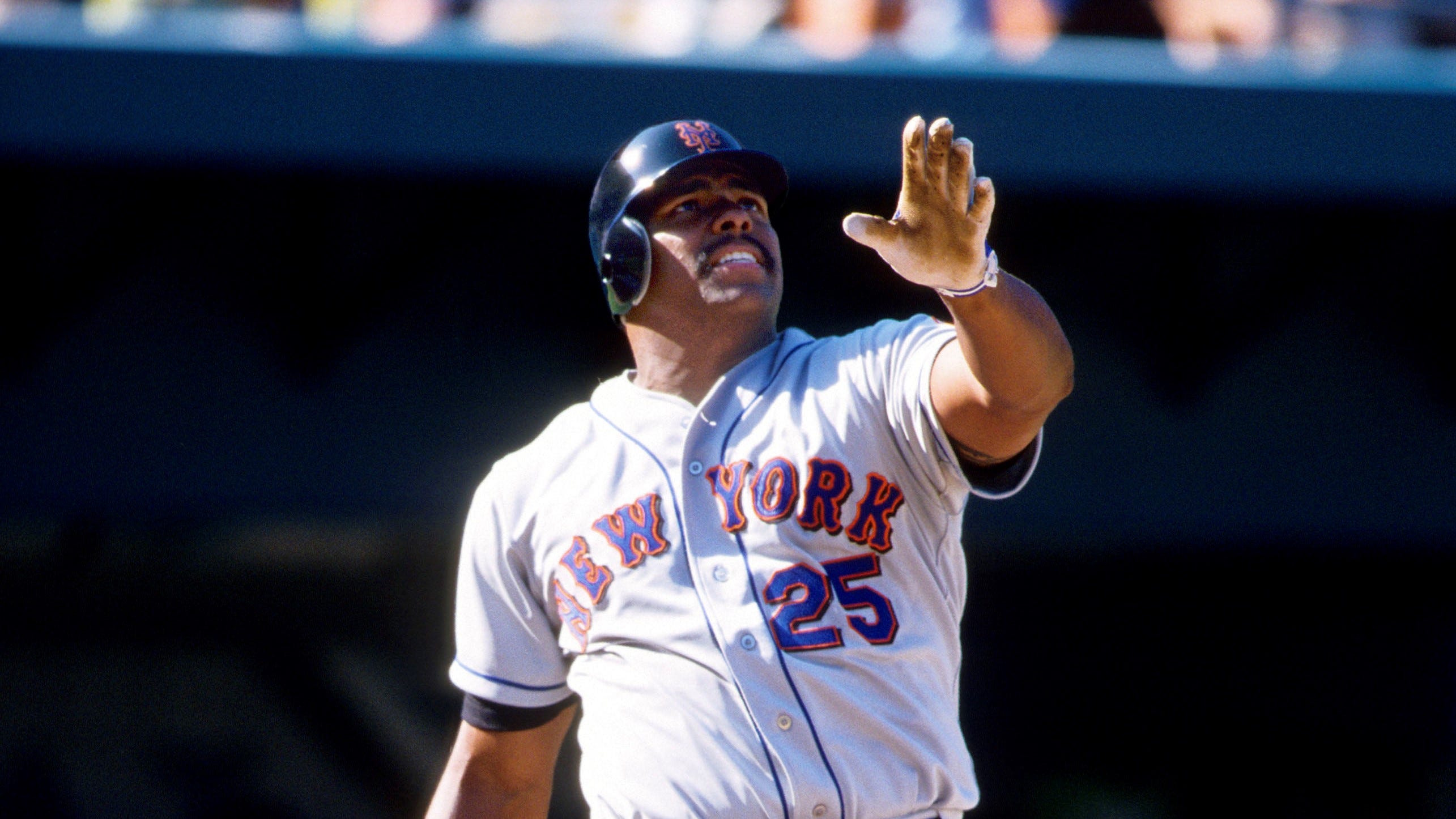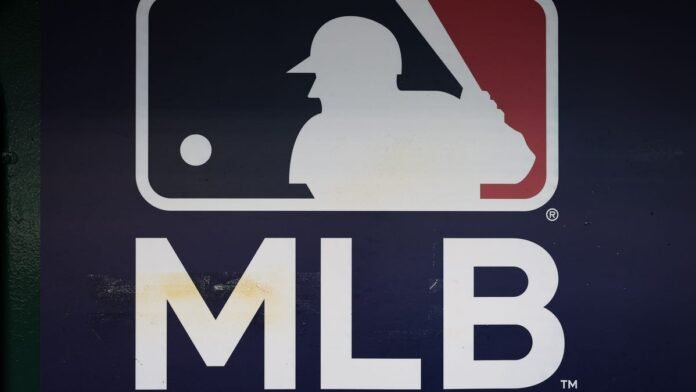
Bobby Bonilla Day: What is the unofficial MLB holiday?
Baseball fans mark Bobby Bonilla Day to celebrate one of MLB’s most famous contracts.
- Hundreds of retired MLB players are not receiving full pensions from the MLB and the MLB Players Association.
- A 1980 agreement changed pension eligibility but didn’t include pre-1980 players.
- Advocates and former MLB officials are pushing for increased benefits for these players, citing MLB’s substantial revenue and a lack of care for former players.
- The MLB and MLBPA have been criticized for their silence on the issue and lack of action to support these retired players.
Former right-handed pitcher Jerry Hinsley is one of just over 500 retirees who are not receiving adequate benefits from either MLB or the MLB Players Association.
In 1980, to avoid a strike, an agreement between MLB and the MLBPA changed the eligibility for players’ health coverage to just one game day and 43 game days for monthly benefits. Players originally needed four years of service to be eligible for a pension.
However, this agreement didn’t grandfather in pre-1980 players like Hinsley, who earned two trials with the New York Mets in 1964 and 1967 and worked in road construction to make ends meet during the offseason. Hinsley pitched 20.1 innings in 11 career games and has more than 43 game days in MLB, but less than four years of service.
Hinsley didn’t respond to multiple interview requests from the Sun-News, part of the USA TODAY Network. He is not a vested retiree. Per an awards program that began in 2011, Hinsley can receive $718.75 for every 43 game days, up to a maximum of $11,500. A vested retiree can earn up to $275K, according to the IRS, but Hinsley only earns a gross check of $2,100 for his three months of MLB service before taxes are taken out. Since these payments aren’t inherited by relatives or beneficiaries, they will cease when the 80-year-old Hinsley dies.
Those who have fought for changes to help those like Hinsley don’t hold back in their opinions.
“It’s absolutely pathetic, and a blight on the game that men such as Jerry are being treated like this,” said Douglas Gladstone, author of the 2010 book “A Bitter Cup of Coffee,” which details the plight of pre-1980s MLB players in receiving better pensions.
“They have been consigned to the sports’ garbage heap, and all the union can do is agree to throw them the BS stipend these men are thrown every February.”
The MLBPA, which declined to comment, has stalled on a solution. MLBPA Executive Director Tony Clark, the first former player to hold the position, has never spoken publicly about Hinsley and others. Meanwhile, MLB Retired Players Association Director Kurt Bevacqua bemoans the MLBPA’s lack of communication.
Bevacqua says he’s gathered a group of attorneys to find out why the MLBPA has been so silent. While he’s not ready to release the documents and information they’ve acquired, he says it’ll eventually bring them to the negotiating table.
“In my mind, I’ve got a bullet in my gun for the non-vested guys to be able to fight for them, and I also have a bullet in the gun for the widow’s benefits,” Bevacqua said. “Hopefully, we have the Players Association come and say, ‘What can we do to fix this?’ So that’s where we are.”
Mike Port, a former San Diego Padres general manager and MLB’s vice president for umpiring from 2005 to 2011, says a potential solution could be giving Hinsley and others around $25,000 to $30,000 a year, which amounts to roughly $12.5 million to $15 million every year for everyone. MLB announced $12.1 billion in revenue last season, while the value of the MLBPA’s benefit plan was reported at $2.7 billion in assets in 2018.
Port calls on both organizations to come together and pay retired players like Hinsley more.
“I have to think, given the people who are at MLB, given the people who are at the Players Association and their degree of intelligence, the things that they’ve accomplished… they should be able to get together and fathom something that would take care of this group of players,” Port said.
Gladstone and Bevacqua put the onus on the MLBPA to approach MLB about giving pre-1980 players more benefits. They both believe that if the MLBPA fought for it during negotiations for its collective bargaining agreement with MLB (which expires after the 2026 season), men like Hinsley would have a greater chance of receiving more money.
“It is a disgrace that today’s players’ union won’t go to bat for these old-timers, many of whom walked picket lines and went without paychecks all so that today’s players could enjoy free agency,” Gladstone said.
Those fighting for pre-1980 players are in a race against time. Port and Bevacqua both believe the MLB and MLBPA are waiting for the group to die out, as a collective that was once over 1,250, according to Bevacqua, has now decreased by more than half. The longer both organizations stall, the older the retirees get.
Bevacqua says the fight will continue for those still living, like Hinsley, but hopes he and others receive what they’re owed before it’s too late.
“It wouldn’t take very much to put the money aside and to make a fund up where these guys could be vested. I mean, there are only 500 of them left,” Bevacqua said. “We’re not getting any younger. These guys are going to continue to die off. They’re dying every day.”
